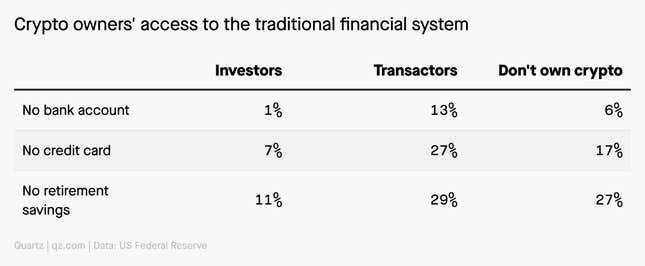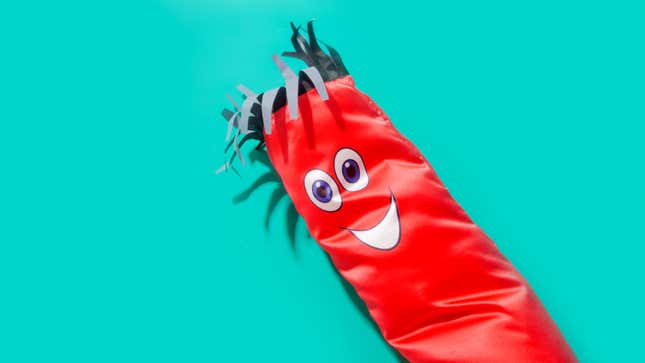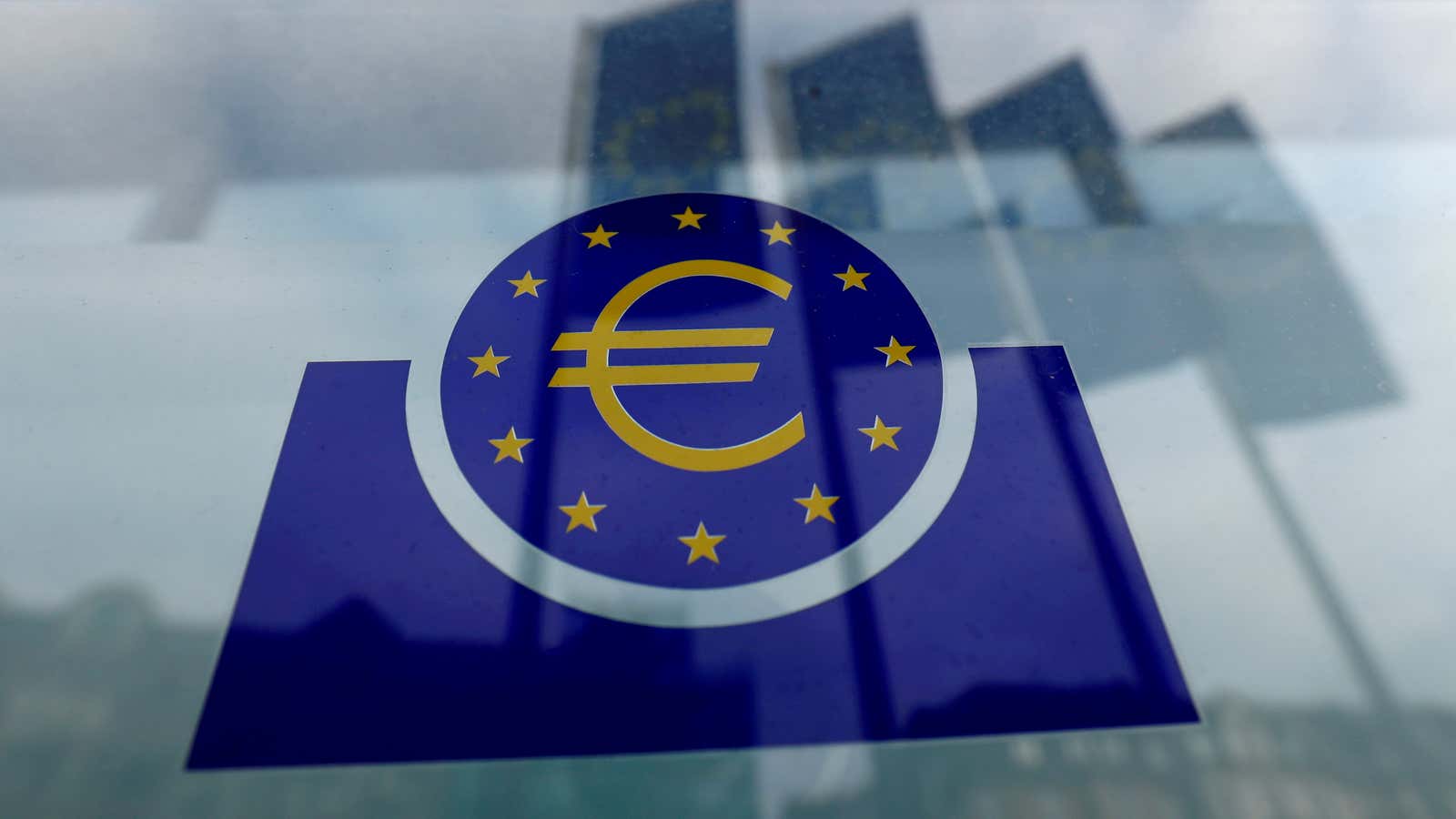Good morning, Quartz readers!
Here’s what you need to know
Europe saw record inflation. The euro zone reported 8.1% inflation in the last year, a record since its formation in 1999.
Shanghai, open again. After a strict two-month lockdown to slow the spread of covid, China’s most productive city plans to restore public transit, let businesses operate, and release citizens from their homes.
Russia cut off more gas. Moscow said it would cut off three European firms from natural gas purchases after they refused to violate EU sanctions by paying in rubles. The decision comes after the EU approved a ban on 75% of imported Russian fossil fuel.
Ukraine continues to resist. Concentrated Russian forces seized control of Severodonetsk, an important city in eastern Ukraine, while the UN tried to get Ukrainian wheat around Russia’s naval blockade.
The Australian cabinet is closer to gender parity. New prime minister Anthony Albanese laid out his plans for governing, appointing 10 female members to his 23 person cabinet, including his finance and foreign ministers.
BTS is visiting JRB. South Korean pop music superstars BTS visited US president Joe Biden to highlight the contributions of Asian American and Pacific Islanders to US culture and condemn anti-Asian hate crimes.
What to watch for
Today will mark a reduction in tariffs on British steel and aluminum exports to the US, and the end of the UK’s retaliatory measures on iconic American goods.
💸 President Donald Trump enacted the special taxes in 2018, ostensibly to protect US steel makers from China. They created several thousand new jobs in the steel industry, at the cost of $900,000 each paid by consumers.
🎈 Getting rid of the tariffs should help lower US inflation on the margins, reducing the cost of goods that need steel, particularly automobiles.
🍷 The UK’s tariffs were on American goods, like Levi’s jeans, bourbon, Harley Davidson motorcycles, and wine. They didn’t have a big impact, but the targeted industries lost lots of business in ol’ Blighty.
🤷 The US is still keeping Trump’s tariffs in place on China, the biggest US trade partner, without many apparent benefits. Biden has been leery of offending unions or appearing “weak” on China, but the import taxes aren’t helping the US fight inflation. They expire in July.
🧧 One sign China trade fears aren’t going anywhere soon: A unique clause that allows the US to audit UK exporters with Chinese investors to detect improper government influence.
You don’t become a wealthy crypto owner by using it
Recent data collected by the US Federal Reserve showed a stark contrast between crypto investors and crypto transactors. The former tended to have incomes over $100,000 and use the traditional banking system to save, spend, and obtain credit. Those who use crypto’s purchasing power to buy things and transfer money instead are disproportionately unbanked and low-income.

Crypto advocates bill it as an alternative financial system. However, recent downturns in crypto markets have mimicked those in traditional financial markets, leading many analysts to surmise that corporate and institutional investment in crypto has linked the two. Crypto isn’t a stable hedge against inflation, or a safe store of cash away from banks—it’s an unregulated, high-risk, and volatile investment. Anyone treating it as more than that has likely already been burned.
Pop quiz: Which of the following is behind rising prices?

- The pandemic and government measures to counteract its effects on the economy
- Central banks
- Supply chains
- Corporate greed
- Russia’s invasion of Ukraine
- Labor shortages
- Wage shortages
All? None? Some, to a higher degree than others? Inflation is famously difficult to diagnose, and in order to solve problems, you have to know what the problems are.
To get a little more clarity and find out how rising prices can be slowed, listen to the latest episode of the Quartz Obsession podcast.
📈 Listen on: Apple Podcasts | Spotify | Google | Stitcher
Quartz’s most popular
👍 What the Biden plan gets right on inflation
🦠 Is monkeypox likely to become a pandemic?
🚗 Musk says China is leading in EVs, but his biggest Chinese rival disagrees
😟 Africa has the world’s saddest population
👑 The US has unseated China as India’s biggest trading partner
📡 Starlink is coming to Africa, but who will use it?
Surprising discoveries
One guy built an entire city out of paper. A 29-year-old from Thailand, has become a YouTube star after building an origami city with a working train system.
Planetary defense is beefing up. Researchers have developed an algorithm that can scan archival images to locate killer asteroids.
Cheese rolling is back. The British sport (?) will make a return this weekend, with contestants set to chase rounds down a hill in Gloucester, England.
NFTs can now be cloned. The copies, called “Mimics,” are made by exploiting a line of code found in art NFTs.
Mouse squeak technology can find whales. Code that allows computers to tell the difference between stress squeaks and business as usual in mice also helps out with studying much, much larger creatures.
Our best wishes for a productive day. Send any news, comments, paper transit, and NFT retrospectives to [email protected]. Reader support makes Quartz available to all—become a member. Today’s Daily Brief was brought to you by Scott Nover, Tim Fernholz, Susan Howson, and Julia Malleck.
